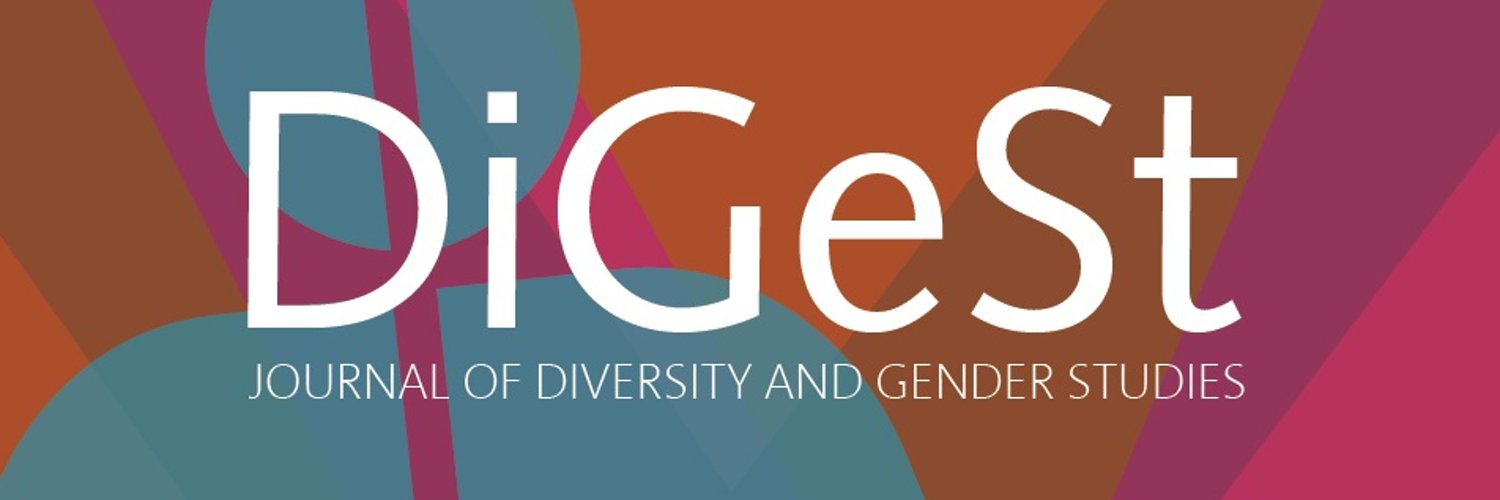Allies, access and (collective) action: Young refugee women’s navigation of gendered educational constraints in Greece
- Lucy Hunt (University of Oxford)
Abstract
Contrary to popular media tropes of the ‘young, lone, male refugee’ arriving at Europe’s borders, Greece has in fact seen a steady flow of young refugee women arriving since 2015. While many wish to engage in post-compulsory (15+) education, in order to gain valuable skills and enjoy new freedoms, various factors make it difficult to do so. Based on eight months of ethnographic fieldwork – involving semi-structured interviews with refugee youth (aged 15-25) and other stakeholders – this paper details young refugee women’s expressions of collective and relational agency as they navigate educational constraints. These constraints primarily stem from tensions in micro-level relationships with family, peers and teachers which result from, or are exacerbated by, the conditions of ‘unsettlement’. Young refugee women’s navigational tactics involved finding and shaping alternative learning opportunities, educating peers and leveraging collective strength. The paper concludes with implications and recommendations for gender-sensitive educational initiatives.s.
How to Cite:
Hunt, L., (2021) “Allies, access and (collective) action: Young refugee women’s navigation of gendered educational constraints in Greece”, DiGeSt - Journal of Diversity and Gender Studies 8(2), 7-21. doi: https://doi.org/10.21825/digest.v8i2.17557
Downloads:
Download PDF
View PDF
3006 Views
383 Downloads
